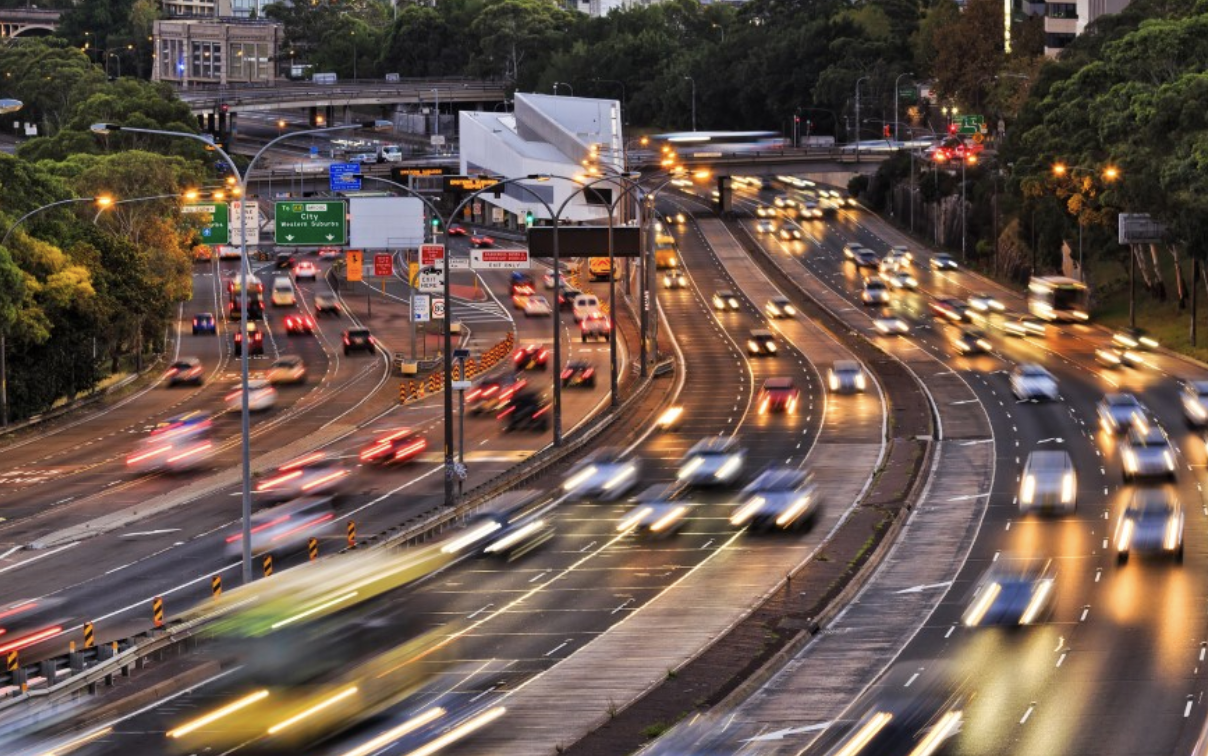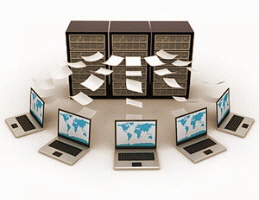With the end of the financial year now behind us, tax time is once again upon us. This year, however, is not an ordinary year as we all know. With the economic impacts of the COVID-19 pandemic followed by considerable government stimulus, there are some key matters individuals lodging their returns need to be aware of. If you’re one of the 1.98m individuals accessing super early as a part of the COVID-19 early release scheme, breathe a sigh of relief as any money that has been accessed will not form a part of your assessable income. Therefore, those individuals that have withdrawn an average of $7,475 from their super will not have to pay tax on that payment.
Another key difference this year is the introduction of the optional simplified method to claim work from home expenses. This method allows you to claim 80 cents for each hour you work from home to cover all deductible expenses from 1 March 2020 to 30 June 2020. However, if you were working from home before 1 March 2020 or if your documented actual expenses work out to be more than 80 cents per hour, you can still use the normal method to claim expenses related to working from home. Note that under the normal method you can claim electricity expenses associated with heating, cooling, lighting used for work, cleaning costs for a dedicated work area, phone and internet expenses, computer consumables (ie printer paper and ink), stationery, home office equipment (ie computer, printer, and furniture) either full cost or decline in value depending on the cost.
Whichever method you end up choosing, you’ll need to keep records. For the simplified method, you will need to keep a record of the hours you worked at home (ie timesheets or diary notes). For the normal method, you will need to keep a record of the number of hours you worked from home along with records of your expenses. For those individuals that were unable to work from home and had to take leave or were temporarily stood down, if the employer made any kind of payment, either regular or one-off, you will need to declare them as wages and salary on your tax return and pay tax at your normal marginal tax rate. This applies regardless of whether the payments are funded by the JobKeeper. In addition, if you’ve been made redundant or your employment terminated, any payment you receive may consist of a tax-free portion and a concessionally taxed portion which means that you could potentially pay less tax.
Contact one of our accountants in North Sydney for further any assistance with your 2020 individual tax return.





